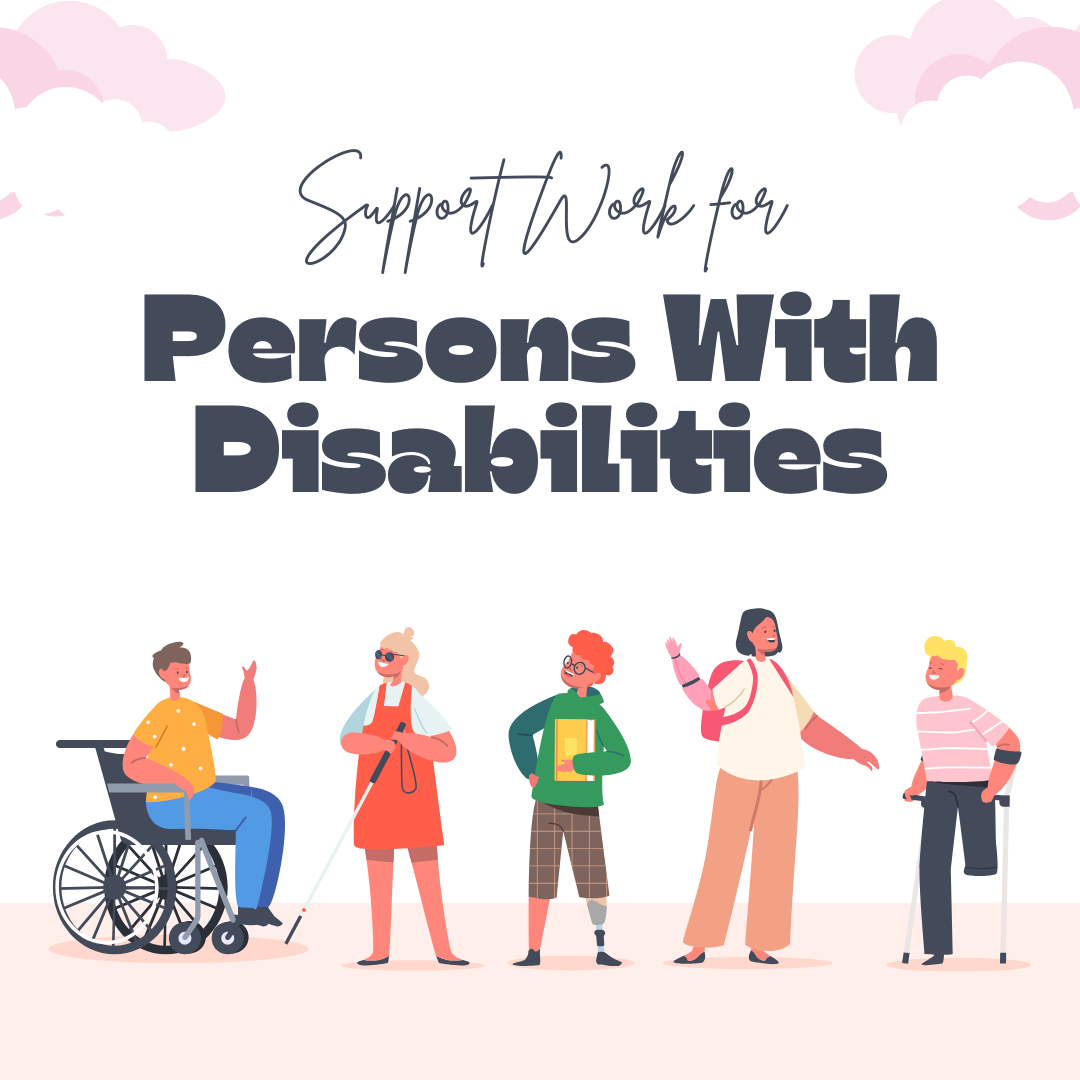Phoenix Wings Wellness now offers support worker sessions! We focus on:
Creating Safe and Inclusive Social Spaces:
Offer various types of social engagement, providing options for one-on-one interactions, small groups, and larger gatherings to suit different preferences.
Ensure that social environments are sensory-friendly. Consider factors like lighting, noise levels, and available space. Offer quiet areas or sensory tools for those who need them.
Avoid pressuring individuals to participate in social activities if they are not comfortable. Respect their boundaries and allow them to opt out without judgment.
Clearly communicate expectations and agendas for social gatherings to reduce anxiety and uncertainty.
Facilitating Peer Support and Connection:
Create opportunities for peer support and mentoring. Connect individuals with others who have similar experiences or interests.
Support the formation of affinity groups or communities for neurodivergent individuals. This can provide a sense of belonging and validation.
Be mindful of power dynamics in peer support relationships. Ensure that everyone feels respected and valued.
Using Technology and Online Communities:
Recognize that online communities can be a valuable way for neurodivergent individuals to connect with others. Support individuals in navigating online social interactions and building healthy online relationships.
Offer guidance on online safety and etiquette.
Facilitate access to online support groups or forums.
Core - Assistance with Daily Life
Daily Personal Activities - assistance with self care, meal prep, shopping
Core - Assistance with Social, Economic, and Community Participation,
access to and participation in our group social programs
Capacity Building - Increased Social and Community Participation
Assistance in Co-ordinating or managing life transitions and supports
Capacity Building - Daily Living and LifeSkills
Financial Management (Budgeting): Providing support and education on creating and maintaining a budget, managing expenses, understanding financial resources, setting financial goals, and developing strategies for saving and avoiding debt. This also includes support with navigating online banking, as well as advocacy to ensure fair access to resources.
Establishing and Maintaining Routines: Assisting individuals in developing and implementing consistent daily, weekly, and monthly routines that support their well-being, productivity, and independence. This involves time management strategies, task breakdown, habit formation, and adaptability to change.
Practical Life Skills Development: Offering training and guidance on essential life skills, such as meal planning and preparation, grocery shopping, personal hygiene, home maintenance, public transportation, and using community resources. Tailoring these skills to meet the individual's specific needs and abilities.
Empowerment through Advocacy Coaching: Providing guidance and role-modeling in self-advocacy and system advocacy, teaching individuals how to communicate their needs effectively, request reasonable adjustments, navigate formal systems, and stand up for their rights, particularly for neurodivergent individuals and people with disabilities. This also includes coaching to understand their needs and rights.
Individual Social Skills Development: We use neuroaffirming trained support staff to learn and understand different communication styles, to improve participants ability to interact with others, support them to feel understood and heard, and build and keep friendships and relationships, in both group and on-on-one settings.
Training for Carers and Parents: Skill building and support for parents and caregivers of people with disabilities, how to navigate the system, understanding plans, improving communication for everybody, and enhancing wellbeing for everyone.
All fees are as outlined in the current NDIS Price Guide. You can meet some of our support workers here. To make a request for service, please fill out the form below and we will be in contact to discuss your options.

